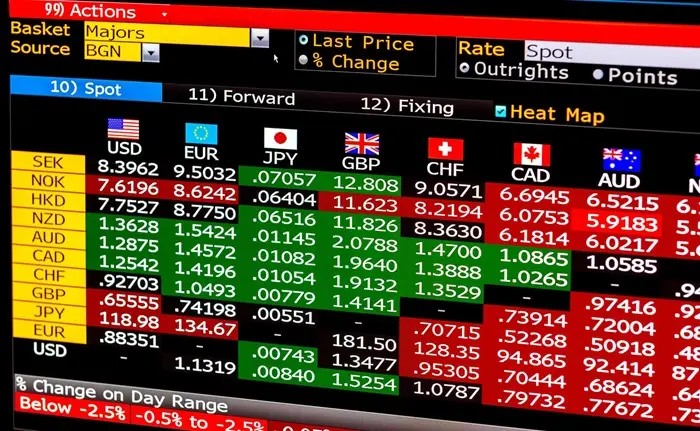Delta Electronics (Thailand) Pcl, once a star performer on the stock market, has seen a dramatic reversal in fortune. Just four months ago, its shares were outperforming global peers, triggering action from Thai market regulators to halt its rapid rise. However, in 2025, the stock has lost over 50% of its value, making it the biggest laggard on the MSCI Asia Pacific Index.
A Sharp Decline for Delta Electronics
Delta’s stock has plunged by more than 50% this year, erasing approximately $30 billion from its market value. The company, which was once Thailand’s most valuable stock, now finds itself as the worst-performing electronic-part maker globally among those valued at least $500 million. The stock’s steep decline highlights the risks of inflated valuations, driven in part by the recent AI boom.
The downturn started after Delta’s shares reached a record high in November, only to be followed by a series of negative events, including the stock exchange’s proposed index weighting curbs and disappointing earnings reports.
Headwinds and Diminished Growth Expectations
Yugi Takeshima, an analyst at Maybank Securities (Thailand) Pcl, attributes Delta’s struggles to several key challenges, including rising costs and slowing growth. According to Takeshima, the ongoing AI boom is unlikely to significantly benefit Delta in 2025, which led him to maintain a “sell” recommendation on the stock.
Delta Electronics, a unit of Taiwan’s Delta Electronics Inc., manufactures components for various industries, including automotive and data centers. Despite its diversified product range, the company’s recent performance has been less than stellar. On February 17, Delta reported a 23% drop in its stock value after disclosing net income figures that missed analyst expectations. Additionally, the company revealed a 54% decline in its fourth-quarter earnings, further weighing on investor sentiment.
Profit Outlook and Tax Hikes Add Pressure
The company’s profit outlook for 2025 remains grim. Core earnings are expected to fall by 5%, driven in part by a higher income tax rate. Takeshima noted that the Thai government plans to increase the corporate income tax rate for Delta from the historical range of 3% to 5% to approximately 15%.
The Thai Stock Exchange also introduced restrictions on Delta’s stock in November, aiming to curb excessive speculation. Delta’s dominance in the market had been growing, with the stock comprising about 12% of the benchmark SET Index in November, but this figure has since dropped to around 6%, as reported by Bloomberg.
A Glimmer of Hope Amidst the Decline
Despite the bleak outlook, some analysts remain hopeful. Chananthorn Pichayapanupat, an analyst at KGI Securities (Thailand) Pcl, points to the stock’s more attractive valuation as a potential buying opportunity. As AI-driven demand for server products grows, Delta’s electronics business could benefit.
Currently, the stock is trading at about 45 times its forward earnings, below its five-year average of 55. Analysts also have a positive outlook, with an average 12-month price target 9.5% higher than its closing price on Thursday.
Related topics:



























